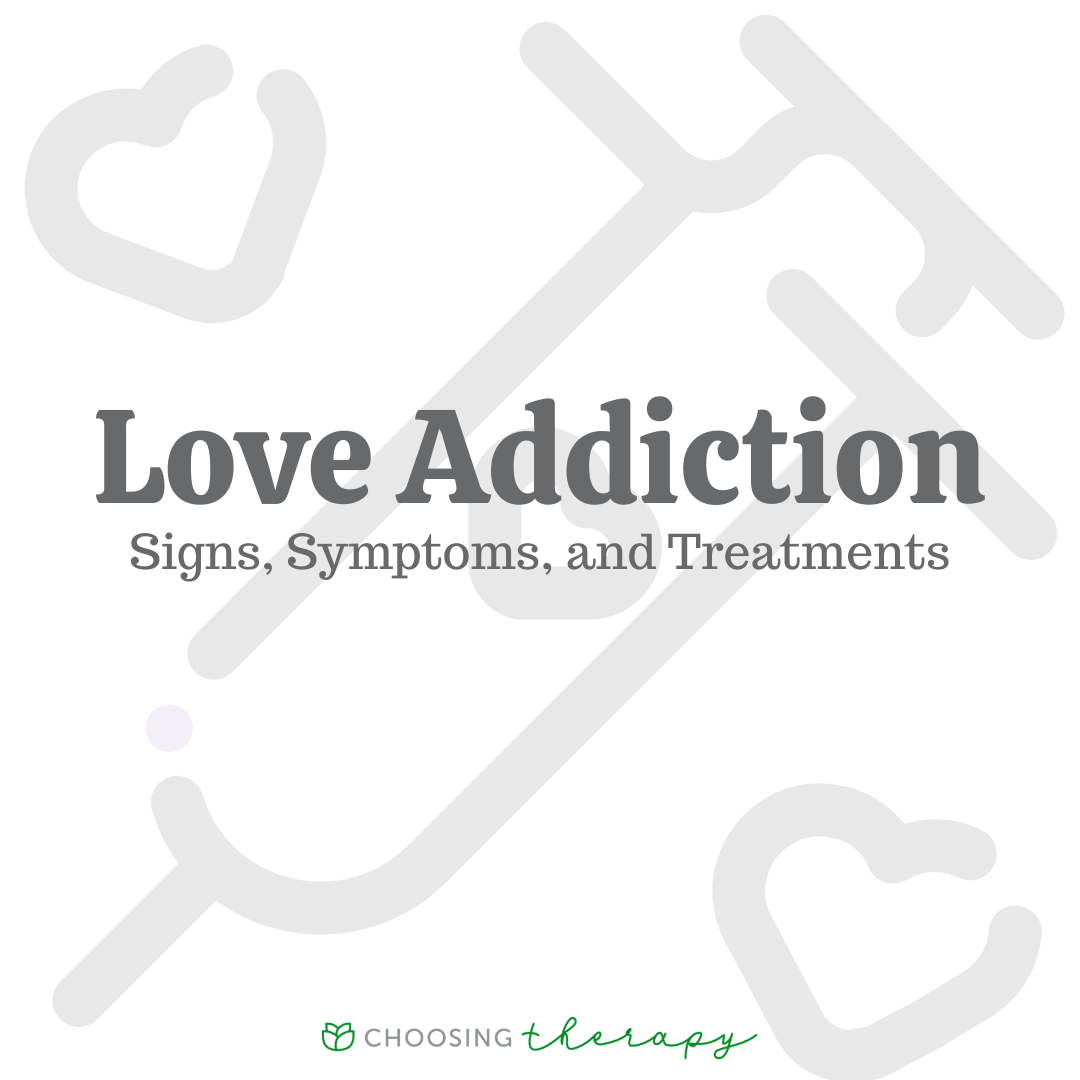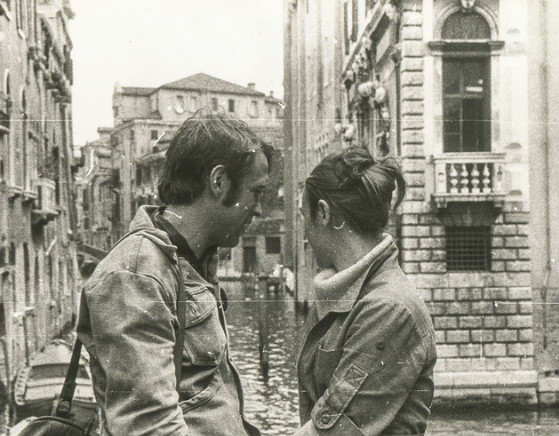
You are willing to suffer neglect, depression, loneliness, dishonesty-even abuse-to avoid the pain of separation anxiety (what you feel when you are not with someone you have bonded with). You have a high tolerance for suffering in relationships.He has a difficult _ (insert the answer here: childhood, job, commute, illness, problem).” So we set about trying to rationalize and justify their behavior, tolerate, support, provide answers or help, and although we may not admit it, in our hearts we are hoping they will change.

“He’s having a bad day.” “I wasn’t _ (insert the reason it’s your fault here: patient, kind, sweet, sexy, etc.) enough.” “He needs more support.” “It’s not his fault. But codependents and love addicts will habitually disregard what they observe and make up all kinds of stories to explain away reality. When someone is behaving in a manner inconsistent with these pro-relationship values, it’s important that we pay attention.

Commitment, respect, kindness, compassion, cooperation, honesty-these are observable behaviors. In this case, the data is the behavior of someone else. There are a number of ways that codependents distort reality, but one of the most common is in the way we interpret incoming data. These also have a theme: the inability to accept reality. You distort reality to quell anxiety and feed your fantasies.
When you are in love, you only see what you want to see. More than once, you have gotten involved with someone who is unable to commit-hoping he or she will change. Which in this case has led to the relationship ending. I could own my part in the dysfunction of our relationship and begin to take action. But once I started to do the work of healing and my self-esteem started to grow, I was able to gain some objectivity and start to see each of us both as we really are. I wasn’t even aware that they were there I couldn’t feel how needy I was. I chose to ignore them because at the time I was suffering from some deep and well hidden scars. There were many signs early on that this person wasn’t a good relationship candidate. In the above examples, if I had been able to esteem myself lovingly from within at the time when I first met my relationship partner, it is highly likely I never would have been interested in a relationship anyway. According to Pia Mellody, in her book Facing Codependence, difficulty with appropriate levels of self-esteem is the first of five core symptoms of codependence. Do you see it? They relate to a lack of self-esteem. When you are attracted to someone, you will ignore all the warning signs that this person is not good for you. Sometimes, when you are lonely and looking for companionship, you lower your standards and settle for less than you want or deserve. I didn’t relate to all of the questions, but as I glanced over them, here are some that stood out as relevant to my situation: I recommend you take a look at this document if you’re wondering about love addiction. Love Addicts Anonymous provides a very handy 4th Step Inventory Guide for just such a purpose. But some part of me has not accepted that reality yet. So today I took a good long look at the beginning of a personal inventory (Step 4 in 12-Step Recovery terms) so I could tease my way out of this nightmare where I keep going back and forth-will I stay or will I go? Because there is no possible way that staying is a good choice for me. In spite of all this amazing, generous, right-in-my-face support -support that is so obvious it is practically blinding, I am still having a hell of a time letting go of this relationship. I’m a love addict.Īnd that brings us to the point of this blog post. 
Because this is the first relationship I am ending knowing that I have one small problem.

It’s astounding, really, how generous the universe is being to me at this moment in my life. And this support is coming in many forms: financial, spiritual, emotional, physical, and practical. I’m surrounded by love, confidence, empathy, understanding, and patience. I am literally surrounded by friends, mentors, coaches, family members, therapists, books, Facebook posts, newsletter articles, slogans, cards -you name it, I’ve got it-all bearing messages of support. I’m facing the end of a relationship right now, and I’m noticing how much support I’m getting from the universe.








 0 kommentar(er)
0 kommentar(er)
